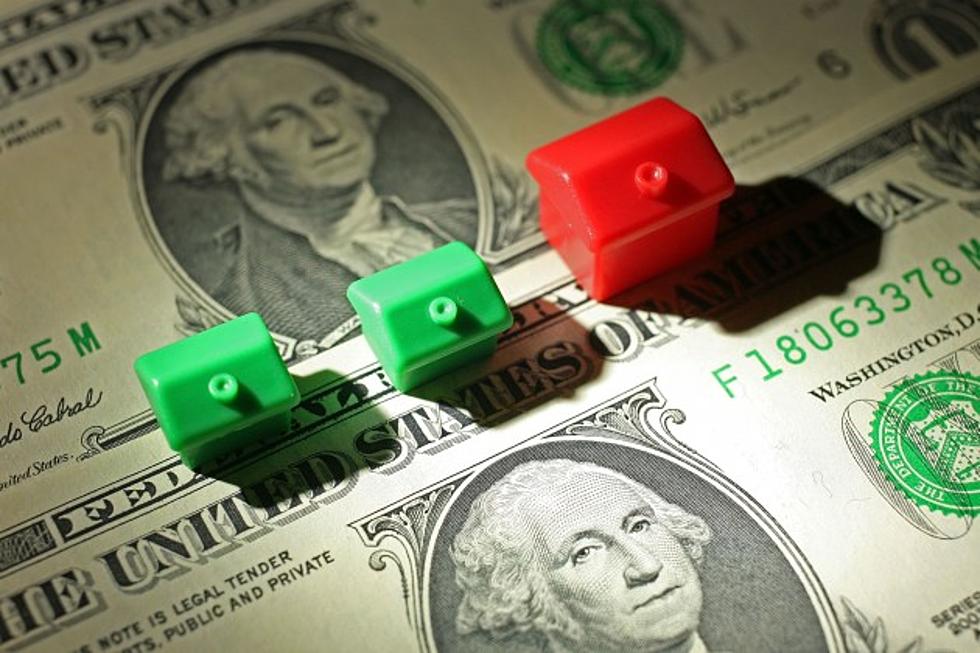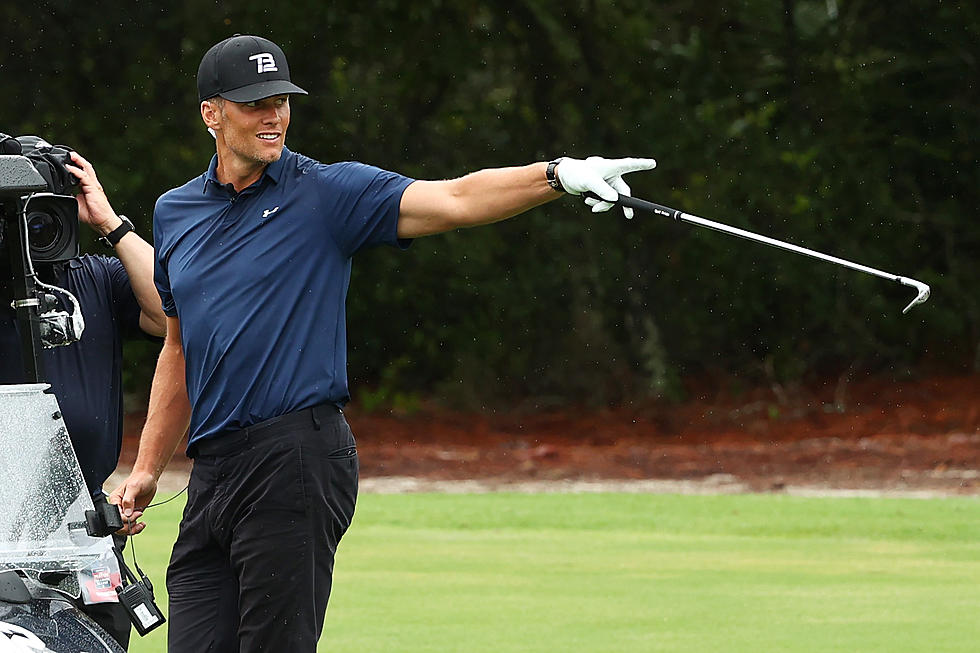
The Rich Fail to Spread the Wealth By Donating Less to Charity Than the Middle Class Does — Dollars and Sense
In a world where the portrait of philanthropy is often painted using an upper class model to represent an offering of charity to the less fortunate, sometimes we forget that empathy has a way of digging a little deeper into the pockets of blue jeans than it does a three-piece suit.
At least that is the assumption being made from a study by the Chronicle of Philanthropy that recently discovered that the rich, upper class actually donated a significantly lesser portion of their income to charity than those in the ranks of middle class America.
What they found was that households that earned at least $100,000 a year donated an average of about four percent of their flexible income to charitable organizations, while those that brought in between $50,000-$75,000 a year donated an average of nearly eight percent.
The most interesting discovery is that in places where more than 40 percent of the tax-paying citizens earned in upwards of $200,000 a year, those people only donated an average of about three percent of their flexible income to charity — many of them not giving anything at all, according to the study.
However, this really should come as no surprise, since a recent study by consulting firm Spectrum Group found that only about 34 percent of upper class America believe that wealth inequality is an issue in this country.
The imbalance of that wealth has become more unstable over the past 30 years, as the incomes of middle class America has only increased by about 40 percent between 1979 and 2007, while the incomes of the top one percent has nearly tripled in that same time frame.
The study found that while the rich do not appear to be contributing extra money to charity, they are not discriminating, as upper class America is simply not redistributing any of their gains back into civil society.
More From The Moose 94.7 FM









